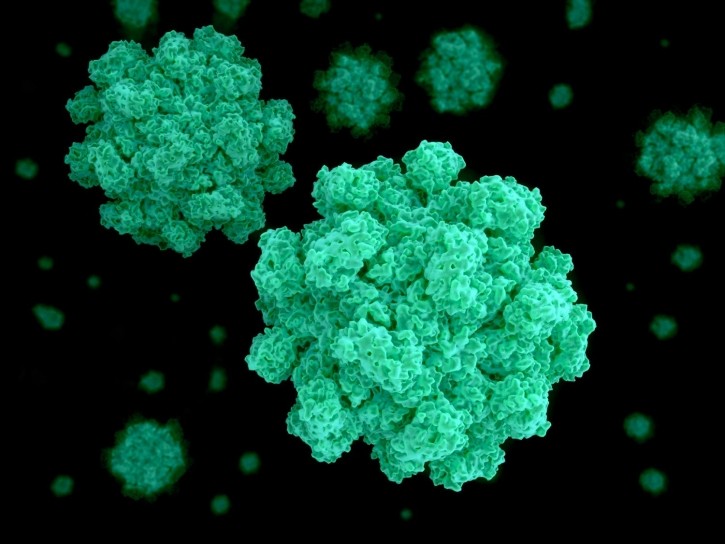HilleVax halts development of world’s most advanced norovirus vaccine after phase 2 failure

HilleVax has announced disappointing results from NEST-IN1, a phase 2b clinical trial evaluating the safety and efficacy of the company’s norovirus vaccine candidate, HIL-214. The study involved over 2,800 children of approximately five months of age across the US and Latin America.
The results revealed a vaccine efficacy of 5% for HIL-24, failing to meet the trial’s primary endpoint of preventing gastroenteritis due to norovirus infections. The vaccine candidate also failed to meet all other secondary endpoints.
“We are disappointed that the NEST-IN1 study did not meet its primary efficacy endpoint,” said Rob Hershberg, Chairman and Chief Executive Officer of HilleVax. “While HIL-214 previously showed clinical benefit in adults, NEST-IN1 was the first efficacy study conducted in infants for a norovirus vaccine candidate. We believe the efficacy in the infant setting may have been impacted by the appearance of multiple emerging [norovirus] strains in this trial.”
Based on the results of the trial, HilleVax will discontinue the development of HIL-214 in infants. This is a big blow for the company, since HIL-214 was the most advanced norovirus vaccine in clinical development worldwide.
No approved novovirus vaccine
Norovirus infections are estimated to cause 200,000 deaths every year, which disproportionately affect young children, older adults and people who are immunocompromised. There is currently no approved vaccine against norovirus infections, making the development of a first norovirus vaccine a multi-billion dollar commercial opportunity.
HilleVax was founded in 2021 as part of a collaboration between Takeda and Frazier Healthcare. At launch, the company was granted an exclusive license to develop and commercialize Takeda’s norovirus vaccine candidate HIL-214 (previously named TAK-214) worldwide outside of Japan.
HIL-214 is a virus-like particle (VLP) vaccine candidate developed with the goal of addressing severe gastroenteritis symptoms caused by multiple strains of norovirus. The vaccine candidate had shown positive results in a previous phase 2b trial testing the efficacy of the vaccine in over 4,700 adults, which had made HilleVax confident that the results would be replicated in infants. Earlier this year, the company had announced plans to start a phase 3 clinical trial with HIL-214 in both infants and older adults after the results of NEST-IN1 were reported.
HilleVax is now exploring the potential of continuing the development of the vaccine candidate in adults, as well as developing another candidate, HIL-216, which is ready to enter phase 1.













